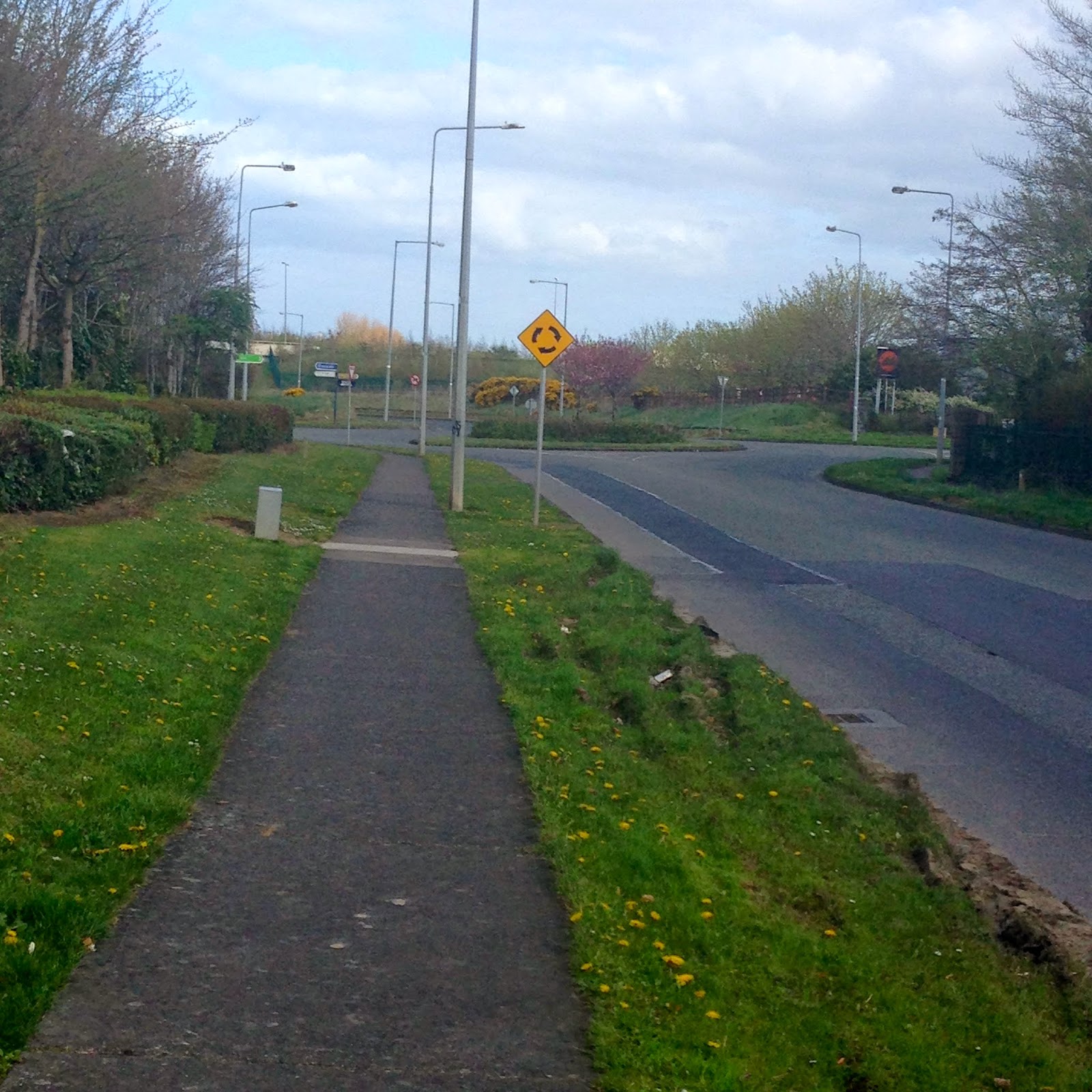Tomorrow’s
direction today…
Capitalism! It’s a term that strikes a
note, both positive and negative in us all. Does capitalism have to be bad? Can
it be good? Should we care? Given the amount of layoff’s, cut backs and
insolvencies through one of the worst recessions on record, I’m quite sure I am
not alone in pondering such thoughts. Capitalism is defined by the Oxford
English dictionary as “An economic and political system in which a
country’s trade and industry are controlled by private owners for profit,
rather than by the state”. Whilst a broad and
encompassing definition, we can say for sure that free market forces have being
playing a part in our lives for as long as merchants have existed to barter
goods, services and ideas.
 |
| Economic Lifecycle Graph |
The organisational element of capitalism has made it a key driver of success and failure in the economic cycle, which can be represented graphically showing cyclical 'boom to bust' and back to "boom" again.
Capitalism’s drive forward as impressive
as it is, has to evolve in my view with the changing world. It must deliver a
state of balance in its operation if it’s to continue its epic fellowship alongside
mankind whom by our existence are embarked on a long and often testing journey
of discovery and growth. It’s my view that this has given many (including
myself) a whole new awareness of capitalism and thus we all can see the rebirth
of a longer-term stakeholder approach to life and business we call “sustainable
capitalism”. In the business section of the Huffington
Post, Al Gore defines Sustainable Capitalism “as a framework that seeks to maximize long-term economic value
creation by reforming markets to address the real needs of all stakeholders
while considering all costs”. When
we think of capitalism in it’s dominant form of today, we think of companies living
quarter to quarter who often disregard the longer term view thus destroying
long term value in sometimes a direct manner but always compromising value
creation in opportunity
cost where a longer term view on investment of resources may yield a more sustainable
return that is overlooked due to a more commonly held shorter term outlook. This should
be considered not only in financial terms, but also non-financial terms such as
our investment in people, processes, new product innovation and business
culture.
Six Sigma
professionals will tell you that lean processes structures only work in a
business that embraces it fully, the returns manifest in a complete company
wide adoption of the concepts. I believe sustainable capitalism works in the
same manner. The journey in my view begins with beliefs, attitude, angle of
approach to our business and what we gain from our efforts in the management of
our business. If we want to engage our business for the longer term (5+ years),
we must believe in our business and our ability to manage it for the long haul.
If we don’t, then our chances of sustainable success diminish accordingly as
our belief influences our attitude, which in turn influences our approach to
our business. This “approach” we take influences company culture over time and
the environment that can engage employees in the same belief or disengage them
at an opportunity cost. When we think our business approach in terms of the
above in said order, then we can think about how we (versus ‘I’) can create a
better future together. Suddenly one mind becomes many and the positive power
of employees, peers and associates thinking and acting as one unit shines through
showing a way forward we all can buy into and travel together. This
is the birth of one’s journey away from short-term focus to sustainable
capitalism and the opportunities a good team could gain through:
Structural review of internal
process and controls review and upgrade creating value through productivity
gains. Lean Six Sigma is a good review tool for this exercise.
Strategic Planning
redefinition of all business activities out to 10 years with
certain elements like product, procurement and business development ranging
up-to 30 years
Product Range Development - Lean development
approach to continuous new product development along with consistent research
into emerging markets and technologies that could aid product development
and/or act as a product disrupter
Continuous risk
management structures designed to gather, map, interpret and analyze
internal and external risk elements with a clear impact rating system comparing
risk probability and impact at agreed time lines with appropriate risk actions
to be taken.
Business Culture built around
employees but tailored to retain a lean approach to new business development
and organizational efficiency. Its my long held opinion that one of the biggest
long-term returns on ‘investment of resources’ a company will get is from being
able to build a culture of collaboration and recognition of the it’s most valuable
resource, which are its direct employees.
I’m sure you
could add more and quite rightly so, but for now, I would ask that you consider
the impact of Capitalism which has moved into a short term focus lens
organically and increasingly needs a tonic for the overheads its creating as a
result. Sustainable Capitalism is that longer-term tonic that rejuvenates the
business recognizing the variable that can make it great in a sustainable
manner, which is it’s people.

